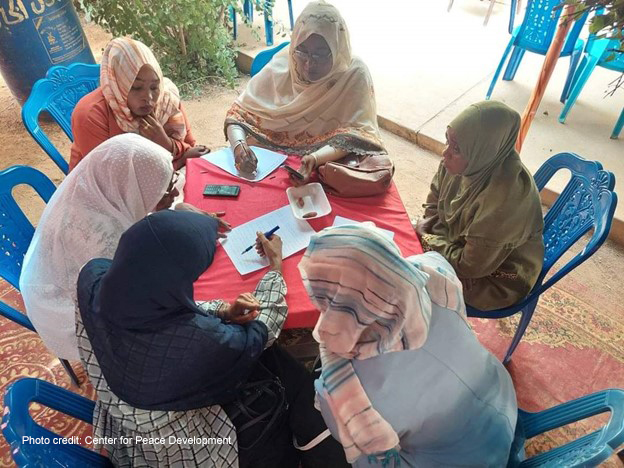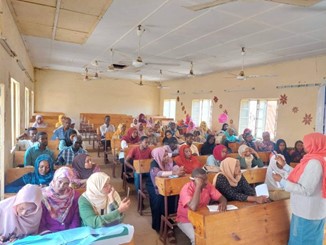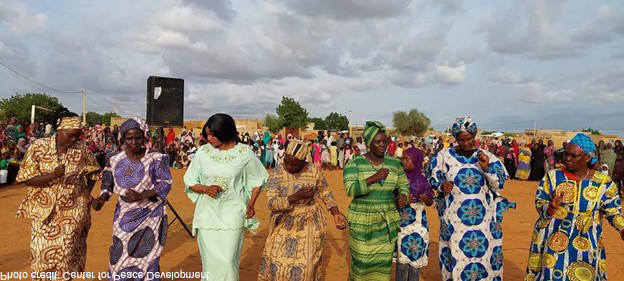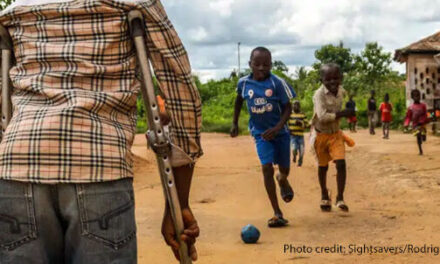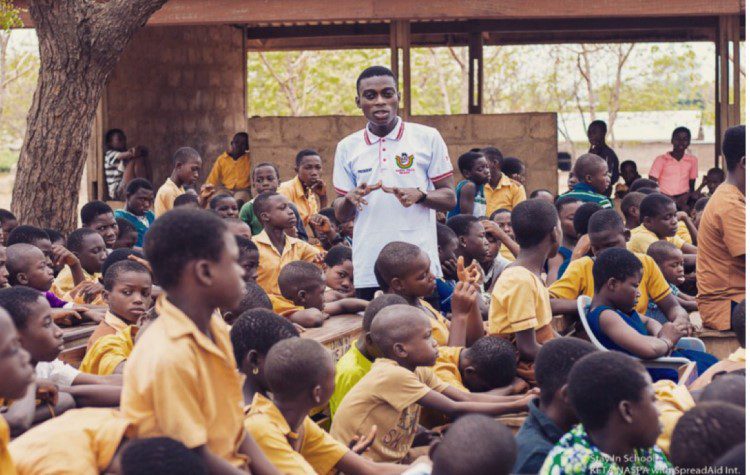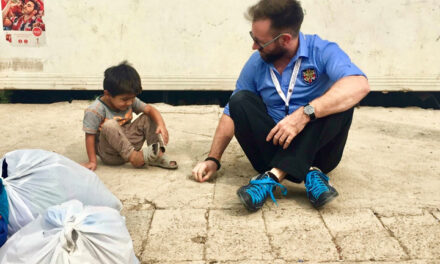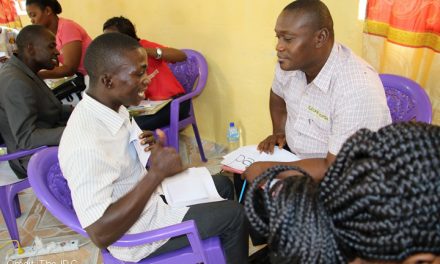This blog was written by Amal Khalil Youssef, Center for Peace and Development Studies, Kordofan University, Sudan.
The University of Kordofan in Sudan, where I work as a professor in the Center for Peace and Development Studies, is located in an area that has been surrounded by conflict for many years. Currently, our university is experiencing severe disruptions to academic activities, our resources are increasingly constrained and we constantly worry about the safety of our colleagues and students due to the conflict that started in 15th of April 2023. Moreover, the conflict that surrounds us has put our potential role and mission as a Peace Center under an intense spotlight. High expectations have been placed on our role as a higher education institution in pursuit of our Center’s goals of achieving stability, peaceful coexistence, and enhancing awareness regarding the importance of peacebuilding. Despite all the challenges, which sometimes to us seem unsurmountable, we are actively engaged in supporting peace and doing what we can as a university to make a difference to people’s lives.
The involvement of civil society activists, including youth and women, is one of the major challenges facing peace strategies at every stage. Recognising their role in preventing violence, fostering peace, and resolving conflicts, it is evident that their involvement is currently limited. This presents a major challenge faced by the Center for Peace and Development Studies at the University of Kordofan, despite continuous efforts at both academic and non-academic levels.
In pursuit of our Center’s peacebuilding goals, we have focussed on engaging with our communities, out of the conviction that fostering an effective community necessitates leveraging local capabilities and harnessing the energies of youth and women to build peace. With encouragement and support from a small number of programmes, among them the Enabling University Peace Education project (EU and British Council funded), the Center has adopted a two-pronged approach to address this:
First, the establishment of partnerships beyond the walls of the university to expand awareness and to share knowledge of peace and conflict with local community groups, civil society organisations and religious institutions; and second, the design of a variety of activities aimed at supporting and empowering women and youth as vital segments of society. These activities include conducting research, forming discussion groups, co-organising community dialogues, holding symposiums, seminars and training workshops, discussion groups, conducting awareness campaigns, supporting celebrations of international days, holding creative events such as exhibitions, radio programmes, and providing peace education for undergraduate students from all disciplines on conflict analysis and social action for peace.
Our activities primarily targeting youth and women over the last two years include:
Research, Symposiums, and Seminars: Our continued research on peace and conflict, and our role in context-driven knowledge generation have been pivotal in increasing understanding and addressing critical issues such as youth’s role in peacebuilding and the obstacles to social justice. Young people participated in our symposiums across a wide range of topics, including challenges in democratic transition and the role of youth in mitigating racial discrimination and the increasing incidences of racist rhetoric and hate speech. Our focus on women raised issues on gender-based violence, supporting women’s leadership and solutions to increasing the participation of women in decision-making and in peace-building processes, both within the community and the university as an institution.
Training Workshops: These have played a vital role in enhancing the participation of women and girls in decision-making processes, with the university reaching out to community groups and secondary schools in the area. Workshops have also focused on combating gender-based violence and empowering youth for peacebuilding. Last year, we ran a series of workshops for raising women’s capabilities and empowering them to participate in public and political life, which resulted in the establishing of the Sudanese Women’s Voice Organization which has since then conducted many other activities.
Discussion Groups, Community Dialogues, Awareness Campaigns, Radio Programmes and Exhibitions: These interactive platforms have facilitated discussions on various societal issues, enhancing awareness and understanding among different groups. Celebrating international days and participating in campaigns have been integral in promoting key messages and fostering peace.
Practical Peace Education Training: Offering students high quality, context-relevant peace education has been a central part of our peacebuilding efforts as a university. Over the course of the last year, we developed a new extra-curricular peace education course based on local needs, in collaboration with two other Sudanese universities: the Red Sea University and Nyala University, and with the support of international collaboration, particularly the University of Coventry in the UK, through the Enabling University Peace Education project. Our course will be now rolled out to thousands of undergraduate students in Sudan.
In conclusion, at our Peace Center, we believe that supporting women and youth in peacebuilding necessitates a holistic approach involving all institutions and sectors of communities. To achieve sustainable peace, there is an urgent need for universities to act as peacebuilders: to build connections with their communities, to intensify research and activities that investigate the context of peacebuilding, especially in the circumstances and contexts of war, to collaborate locally and internationally and to share knowledge and skills between us all. This will enhance our understanding of peace dynamics, activate the role of youth and women, and strengthen fragile state institutions. By dedicating efforts to research, education and empowerment, universities can play a pivotal role in shaping a peaceful and harmonious society.
*See the Facebook page of the Center for Peace and Development Studies-University of Kordofan

